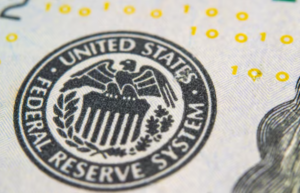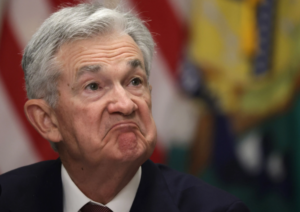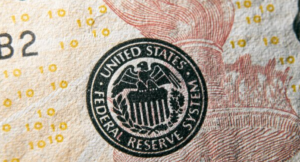$EURNZD $DAX $BTC
#Germany #Inflation #ECB #Eurozone #EconomicData #InterestRates #EuropeanMarkets #EnergyPrices #CarbonTax #FixedIncome #MonetaryPolicy #FoodPrices
German inflation rose unexpectedly in December 2024, hitting 2.9%, a marked acceleration from November’s 2.4% and well above consensus forecasts. The surprise was largely attributed to rising energy and food costs, both of which continue to weigh heavily on consumer price indices. This latest inflation print follows a trend of higher-than-expected data across Europe, with Spain recently reporting a 2.8% inflation rate for the same month. The European Central Bank had been under pressure to introduce rate cuts in 2025, but this recent data has cast doubt over the likelihood of aggressive monetary easing. Consequently, the bond markets responded swiftly, with German two-year bond yields climbing four basis points to 2.2%. This jump reflects growing investor skepticism regarding the pace of future ECB rate cuts, as traders now recalibrate expectations around the central bank’s policy trajectory.
The underlying drivers of surging inflation in Germany signal challenges that are unlikely to be transitory. Core inflation pressures remain elevated, especially in the service sector, which posted a persistent 4.1% rate largely fueled by ongoing wage growth. Structural elements like Germany’s revised public transportation costs and a higher national carbon price are expected to exert further upward pressure on inflation in the near term. These dynamics create a complex backdrop for the ECB, which is tasked with balancing inflation control against maintaining economic stability in the eurozone. While the ECB’s long-term target remains a 2% inflation rate, achieving this could prove difficult. The Bundesbank expects German inflation to only gradually decline, hitting 2.4% in 2025 and settling at the ECB’s target by 2026 if current forecasts hold.
Broader market reactions indicate that investors are positioning themselves for potentially reduced monetary policy easing in the eurozone. The higher inflation readings and sticky service-sector pressures have tempered expectations that had priced in roughly 100 basis points of ECB rate cuts in 2025. With inflation proving more tenacious than originally anticipated, the ECB may opt for a cautious approach, emphasizing smaller, incremental adjustments rather than abrupt rate cuts. For equity markets, particularly those represented in German indices like the $DAX, rising yields could cap enthusiasm for growth-oriented sectors while supporting value stocks, which tend to perform better in higher-rate environments. At the same time, bond markets may see increased volatility as traders digest the implications of a slower rate-easing cycle.
Looking beyond Europe, persistent inflation in major economies like Germany also has implications for global markets, including forex and crypto. The upward revision in German bond yields can strengthen the euro, potentially pressuring export-heavy economies while shaping global foreign exchange trends such as $EURNZD. For cryptocurrencies such as $BTC, which are sometimes perceived as inflation hedges, these macroeconomic signals could invigorate speculative interest in the short term. However, the sustainability of such trends remains unclear, particularly if central banks globally adopt or delay tightening cycles based on changing inflation dynamics. With the eurozone’s December inflation figure expected to rise to 2.4%, all eyes will be on policymakers’ responses as markets brace for potential surprises in early 2025.







Comments are closed.